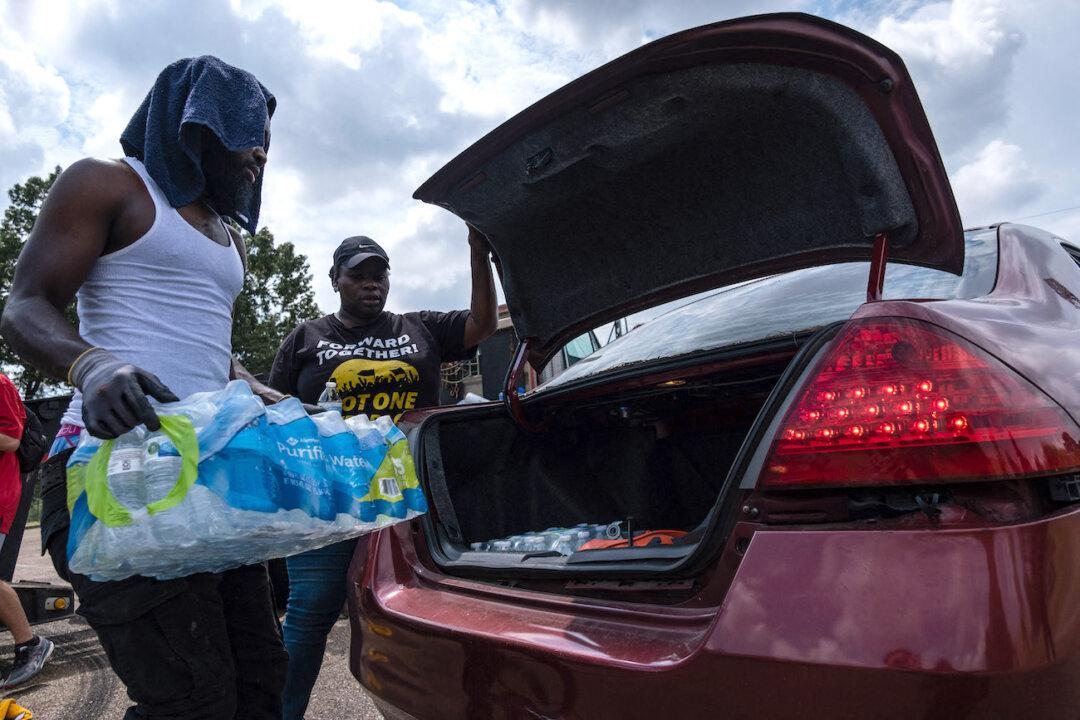The state of Mississippi on Thursday lifted an advisory telling local residents of Jackson to boil water.
The lift comes after nearly seven weeks since it issued the boil water notice on July 29, asking residents to boil all water before drinking.

The state of Mississippi on Thursday lifted an advisory telling local residents of Jackson to boil water.
The lift comes after nearly seven weeks since it issued the boil water notice on July 29, asking residents to boil all water before drinking.